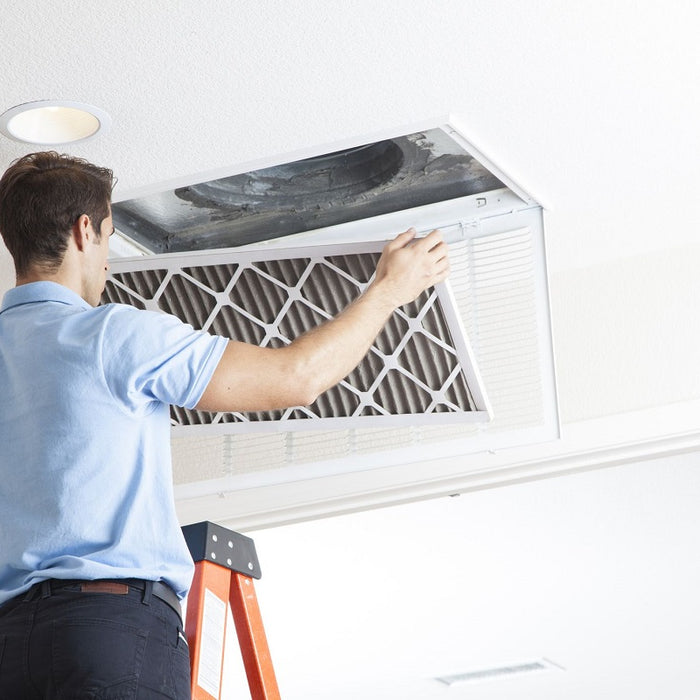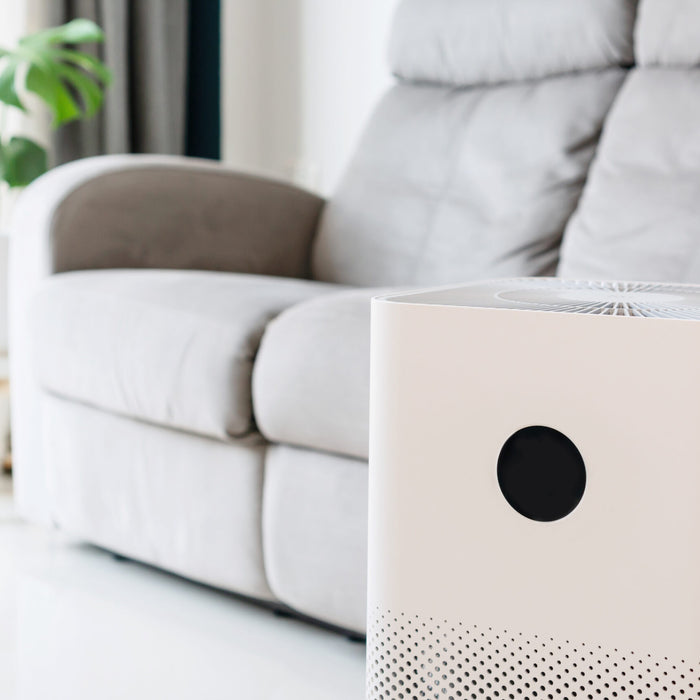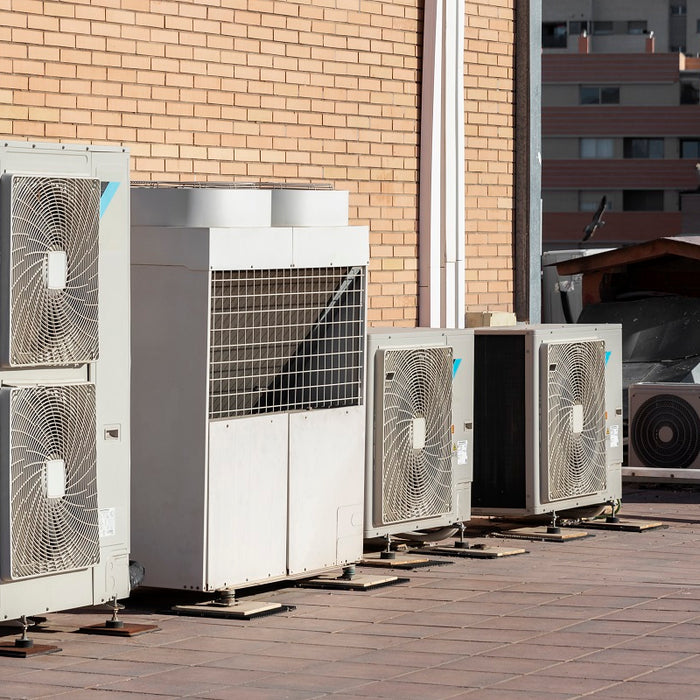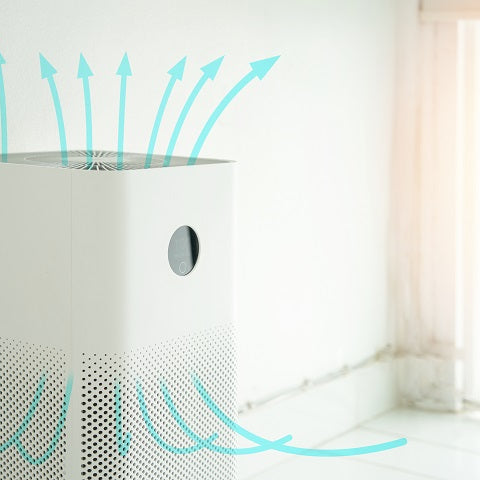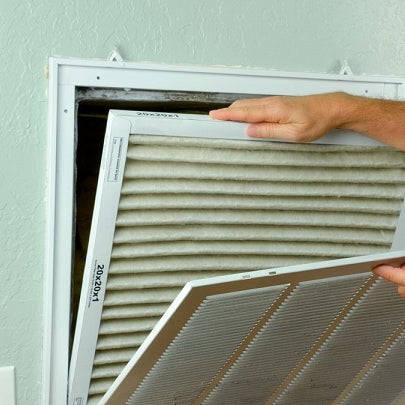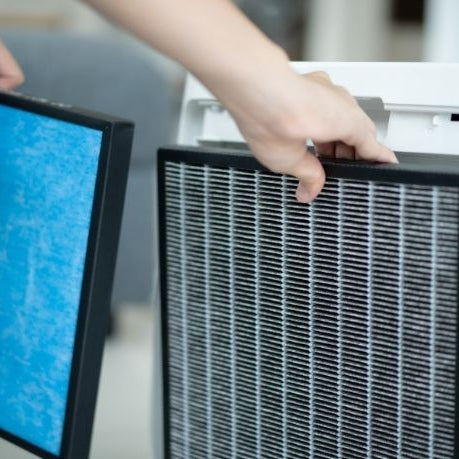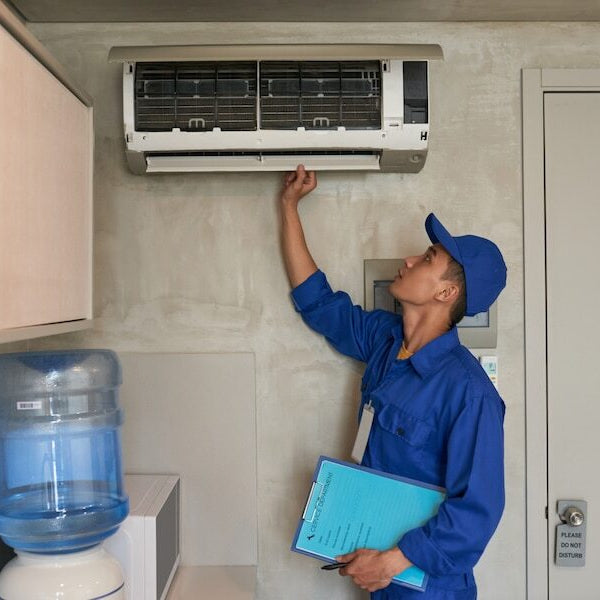
Ways To Save Money On Summer Cooling Costs
It's time to get your air conditioner ready for regular use once summer is almost here. But just because you're going to use your air conditioner every day doesn't mean your power costs have to skyrocket. Courtesy of our HVAC...

